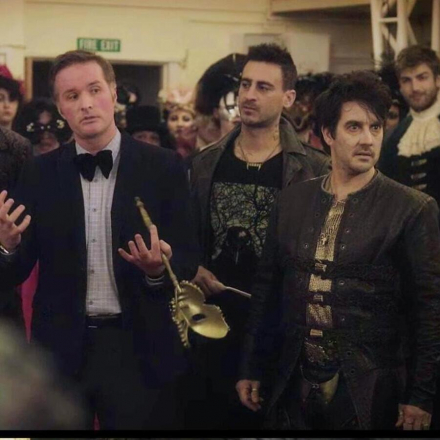The frantic pace of modern life seems to infiltrate every aspect of our existence, including childhood. According to statistics from the British government, a working mother spends twice as much time on emails as she does interacting with her children. In Japan, where many parents place their children in round-the-clock daycare, or in the US, where 73% of teenagers believe their parents spend too little time with them, a troubling picture emerges. Children and teenagers are becoming victims of our fast-paced world, where they are forced to adhere to schedules more suited for adults.
Childhood as a “Precious” Resource
Childhood was meant to be a time of innocent play, unbounded imagination, and endless creativity. However, in today’s world, where schedules and achievements take precedence over simple enjoyment, children are under the pressure of endless obligations. Consider the cartoon depicting children planning their schedules like business executives. This isn’t just a joke—it reflects a reality where every spare moment must be used productively.
Such early involvement in time management and task completion leads children to experience stresses typically associated with adults. They suffer from insomnia, headaches, depression, and even eating disorders like anorexia and bulimia. Problems once considered adult issues are increasingly affecting children.
The Culture of Busyness and Its Consequences
The issue extends beyond just overloaded schedules. It also relates to how we understand and manage our time. In a world where every moment must be productive, the concept of "leisure" becomes alien. Children are forced to adapt to this culture of busyness, where free time is often seen as secondary or even a luxury.
Instead of enjoying their childhood, playing with friends, or simply daydreaming, children are caught in a race for success. This not only affects their physical health but also their emotional well-being. Excessive busyness, stress, and lack of time with parents can seriously impact their development and happiness.
The Paradox of Time: Use and Its Consequences
Consider the paradox of time. On one hand, we strive to maximize every moment, making life more filled and productive. On the other hand, this approach leads to the loss of the very value of time that we seek to optimize. Are we trapped in a cycle where the idea of productivity and efficiency replaces genuine human connections and simple happiness?
Reevaluating Priorities
Do we really need this constant flow of tasks and responsibilities? Perhaps it is time to reevaluate our priorities and make space for what truly matters. Perhaps we need to restore childhood to its true value and allow children to enjoy their time without turning it into a race for achievements.
In this context, the philosophy of time can be key to understanding how we should approach life. Ultimately, the goal is not to fill every moment with tasks but to create space for genuine human relationships and enjoyment.
In a modern world accustomed to constant motion, it is important not to forget the simple things. Time spent with loved ones and the ability to just be, without constant pressure and stress, are true values. Will we leave children in the race for success, or will we find a way to give them time for play, dreams, and unadulterated joy? This is the question we must answer to ensure a better future for the next generation.


















